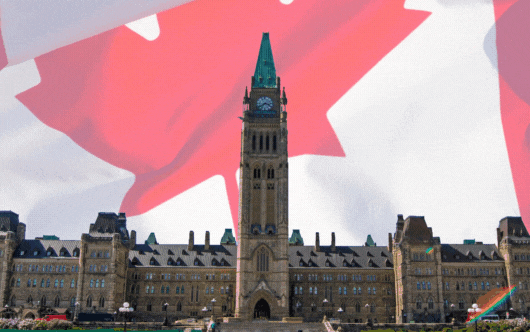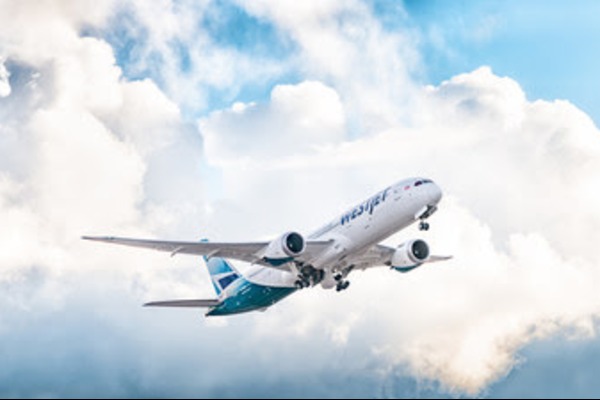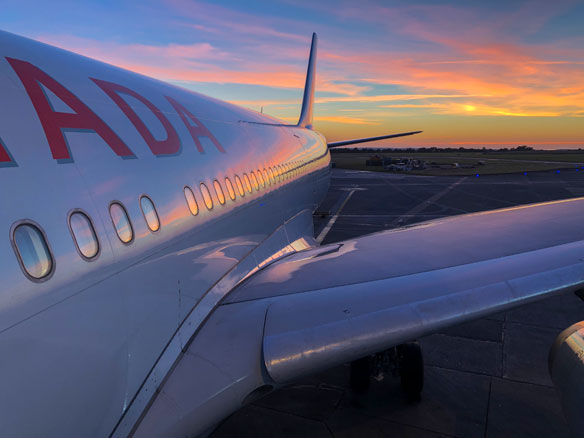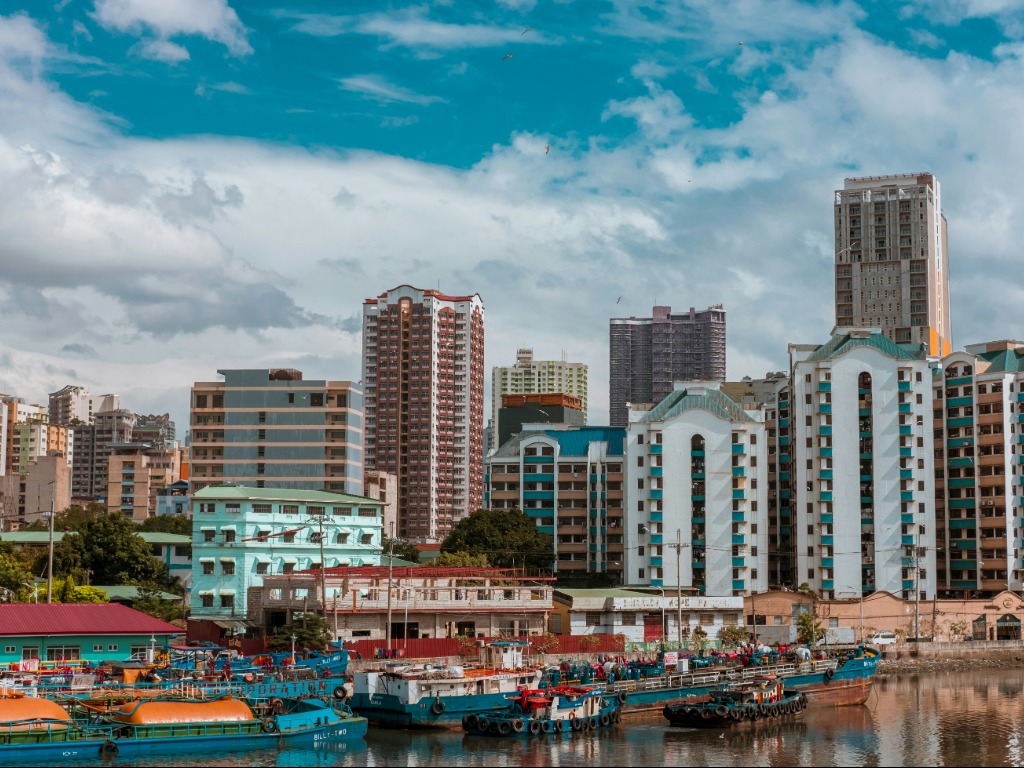AC, WS, NACC Welcome Feds Mandatory Vaccination Plan

Both Air Canada and the WestJet Group have responded to today’s (Aug. 13) announcement by Transport Minister Omar Alghabra regarding mandatory vaccinations for federally regulated airline employees.
WestJet’s Executive Vice-President, People and Culture, Mark Porter said: “We continue to be a strong partner in Canada’s vaccination rollout and are working diligently to implement the government’s policy on mandatory vaccines for airline employees.”
Porter continued: “Vaccinations are the most effective way to ensure the safety of our guests and employees, while curbing the spread of COVID-19.”
And he noted that: “We understand our people will have questions and will be discussing with our employee and labour groups in real-time. We are seeking additional detail from the federal government on the requirement and are committed to working together to ensure the successful implementation of the policy by late October.”

Currently, WestJet currently has an active workforce of approximately 6,000 WestJetters, while 4000 remain inactive or furloughed. Swoop currently has an active workforce of 340 employees, while more than 170 remain inactive or furloughed.
The WestJet Group will adhere to the requirement for domestic travellers to be fully-vaccinated or tested prior to departure.
The airline group is advocating that rapid-antigen testing is an acceptable, accessible and affordable alternative for unvaccinated travellers.
Air Canada Responds
In a statement, Air Canada said that: “Since the beginning of the pandemic, Air Canada has advocated and continually adopted science-based measures to keep its customers and employees safe. This has included encouraging its employees to get vaccinated, setting up workplace clinics and supporting community vaccination programs to make vaccinations more widely accessible.”
The carrier’s statement continues: “Although Air Canada awaits further details about today’s announcement (Aug. 13) on mandatory vaccinations, it is a welcome step forward in the evolving measures to protect the health and safety of airline employees, customers and all Canadians.”

And it indicated that: “Air Canada is committed to work with its unions and the Government of Canada to implement this new policy in an effective manner with the aim of increasing safety and streamlining the application of science-based health and safety measures in a manner consistent with the Government’s COVID-19 Testing and Screening Expert Advisory Panel report of May 5, 2021. In particular, for travellers, the panel recommended: that there should be no pre-departure testing for fully vaccinated travellers; acknowledging that testing at both departure and arrival is excessive for these passengers; and that effective self-administered rapid antigen tests now available can safely replace slower and more expensive PCR testing for pre-departure tests.”
The statement concludes: “Air Canada also remains committed to the continued development and application of new safety measures and processes that are effective and convenient for customers as they become available. Such measures are vital to the safe restart of the air transport industry which, apart from enabling Canadians to travel freely, is also an essential driver of economic activity in Canada.”
NACC Supports Vaccination Plan
And the National Airlines Council of Canada’s (NACC) president and CEO, Mike McNaney said that: “Since the outset of the pandemic, Canada’s major airlines have been committed to protecting employee, passenger and public health. As we review today’s announcement in detail to fully understand the obligations being placed on the sector, we remain committed to working with the federal government and our respective labour and employee groups as we proceed with implementation of the government’s new mandatory vaccination policy for airline employees.”
McNaney continued: “We will also be seeking further details and clarifications from government concerning new vaccination requirements for domestic air travel.”
NACC’s boss also pointed out that: “As these new policies are implemented, Canada’s major carriers will maintain their ongoing support for vaccination campaigns, while continuing to invest heavily in the safe restart of travel and tourism in order to drive our national economic recovery in every region of the country.”
What The Feds Announced
The Canadian government says that it intends to require vaccination as early as the end of September across the federal public service.
For the country’s travel and tourism industry that means that as soon as possible in the fall – and no later than the end of October – the government will require employees in the federally regulated air, rail, and marine transportation sectors to be vaccinated.
The vaccination requirement will also extend to certain travellers, including all commercial air travellers, passengers on interprovincial trains, and passengers on large marine vessels with overnight accommodations, such as cruise ships.
In making the announcement, the federal government made it clear that vaccination is the most effective tool to reduce the risk of COVID-19 for Canadians and to protect broader public health.
It noted, however, that for those few who are unable to be vaccinated, accommodation or alternative measures, such as testing and screening, may be determined in each situation, to protect broader public health by reducing the risk of COVID-19.
The government said that it will engage with key stakeholders, including bargaining agents and transportation sector operators, as we plan for the implementation of these initiatives. Details will be communicated as the work unfolds.
The process will include determining how this requirement will be implemented, through confirmation of COVID-19 vaccination and other means of protection, such as testing when necessary.
Further, the government said it expects that Crown corporations and other employers in the federally regulated sector will also require vaccination for their employees. And it will work with these employers to ensure this result.
The announcement comes in recognition of the dynamic public health situation in Canada. Since the start of the vaccination campaign in mid-December, less than 1% of COVID-19 cases have been among those who were fully protected by the vaccine. These measures will contribute to reaching the overall levels of vaccination Canada needs to sustain a resilient economic recovery in the face of more transmissible and dangerous COVID-19 variants of concern.
More than 71% of eligible people in Canada are fully vaccinated, and more than 82% have had their first shot. However, it pointed out that more than 6 million eligible people in Canada are still unvaccinated.
The government also said that it’s calling on all organizations beyond the federally regulated sector to put in place their own vaccination strategies, drawing on the advice and guidance available from public health authorities and the Canadian Centre for Occupational Health and Safety.
Tags:


